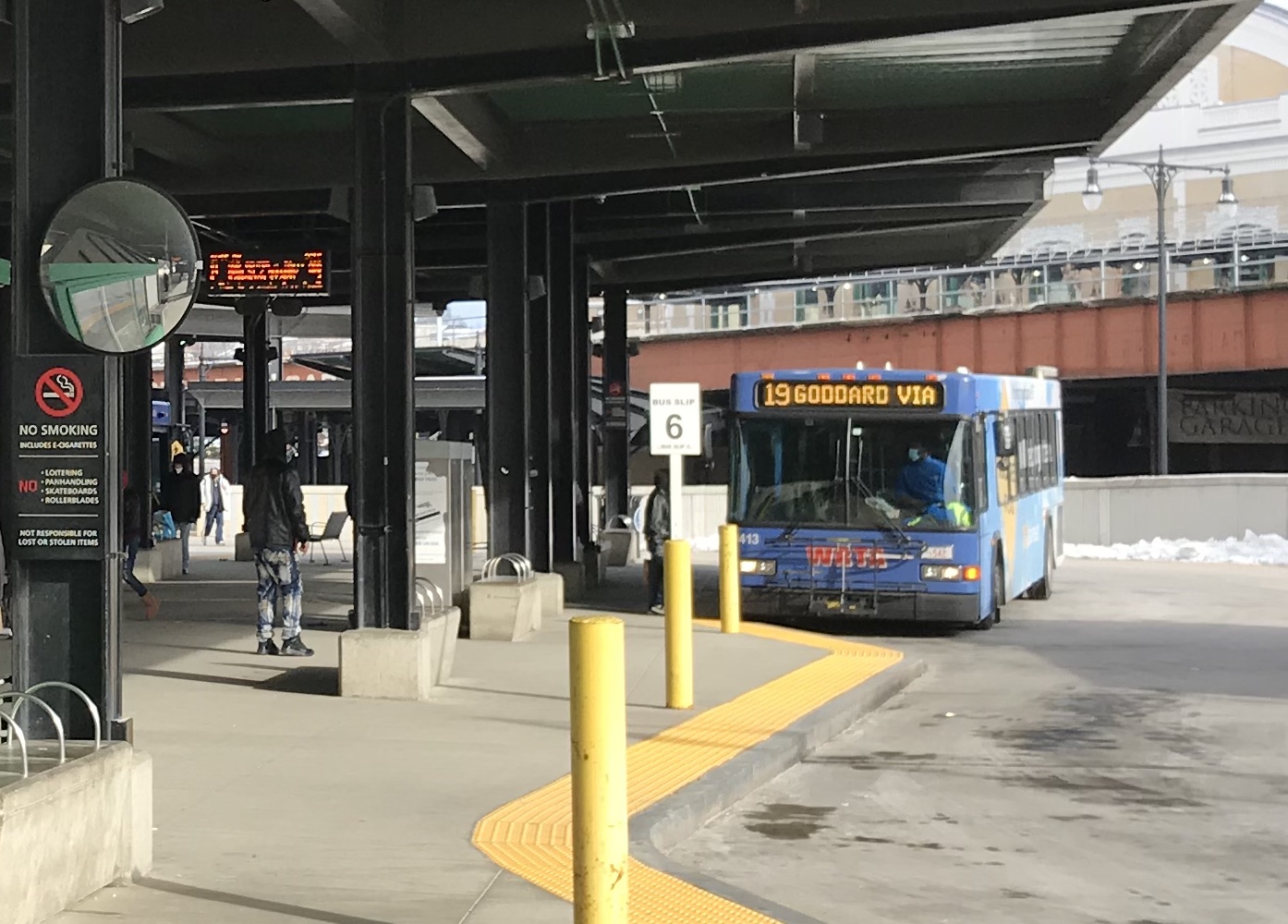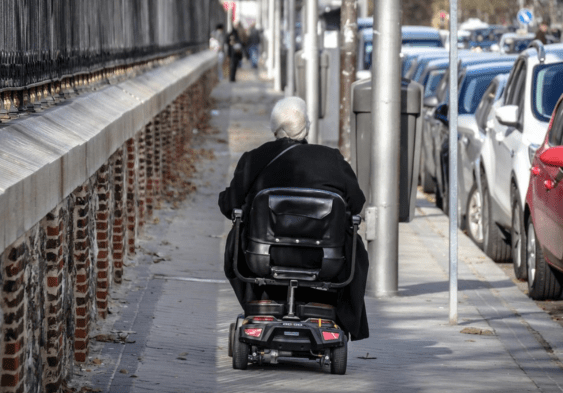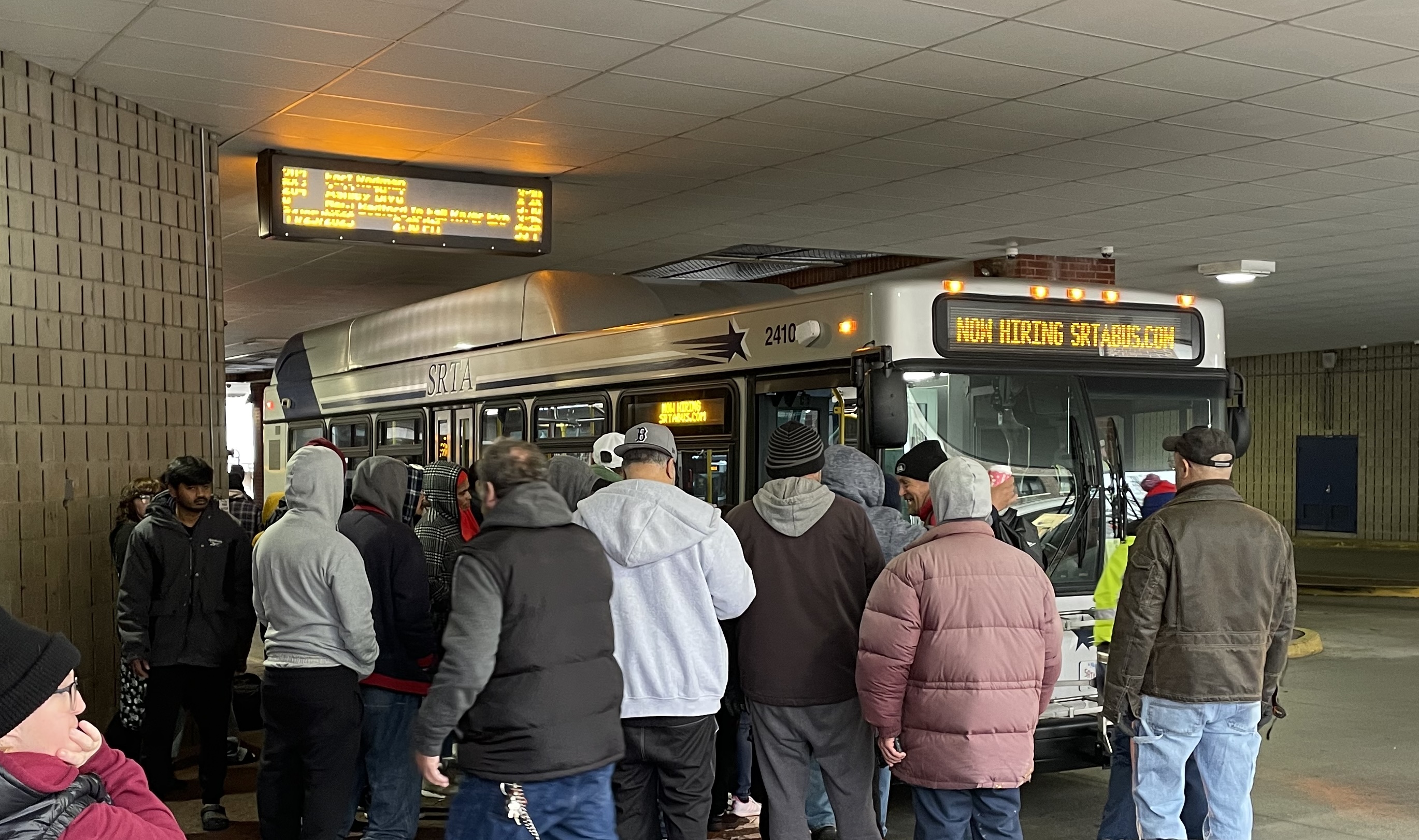Last month, the governing board of the Worcester Regional Transit Authority (WRTA) has directed the agency's administration to prepare a 2025 budget that assumes one more year of fare-free operation.
If that budget receives formal approval at the April 18th board meeting, Worcester would extend its distinction as the longest-running fare-free transit network in the United States.
"We’re definitely confident that (fare-free service) will be extended another year," says Asa Saltzberg, a Worcester resident and advocate with the Zero Fare WRTA Coalition.
Worcester's buses have been operating without fare collections since the onset of the Covid-19 pandemic in spring 2020.
While peer transit agencies across the nation have struggled to recover in the years since Covid-19 arrived, the WRTA’s ridership last year was roughly 33 percent higher than it was before the pandemic began.
The agency served over 4 million fare-free bus trips last year.
State, federal funds replace fare revenue
At its March 21 meeting, the WRTA's Advisory Board, a governing body that includes representatives from cities and towns throughout the agency's service area, directed WRTA staff to prepare a fiscal year 2025 budget that assumes another year without fare revenues.
That budget will get its first look, and a possible committee endorsement, at the board's Audit and Finance Committee Meeting this Thursday.
Before 2020, fare collections covered about 14 percent of the WRTA's operating budget.
Since the onset of the pandemic, the WRTA has used its allocation of federal CARES Act relief funding to compensate for the money it was no longer collecting from fareboxes.
Last year, the WRTA received additional funding from a new $15 million line-item in the state budget designed to subsidize fare-free service at regional transit authorities.
The WRTA received a $2 million grant from that program in fiscal year 2024, which is roughly half of what it used to receive from fare revenue before the pandemic began.
According to WRTA administrator Joshua Rickman, the WRTA plans to use some of its remaining CARES Act funding to cover the other half of the missing fare revenue for next year.
The Governor's fiscal year 2025 budget proposal would set aside an additional $15 million for fare-free bus service next year.
As federal funds dwindle, advocates look for durable state funding
For now, Rickman says he's not speculating about what will happen after the WRTA runs out of CARES Act funding.
"The RTAs approve the budget on an annual basis," Rickman told StreetsblogMASS. "It’s too early to determine how that will all play out."
"We want to keep pushing to make sure they have all the funding they need to vote to make it permanent," says Saltzman of the Zero-Fare WRTA Coalition. "That's what we ultimately want."
Governor Healey, who pledged to support fare-free buses during her 2022 election campaign, recently formed a Transportation Funding Task Force that has been directed to write "a comprehensive transportation finance plan" for the Commonwealth's transportation agencies, including the RTAs.
That Task Force includes two representatives from the Worcester region who have been outspoken proponents of fare-free buses.
One is Amie Shei, president and CEO of The Health Foundation of Central Massachusetts, who wrote in a 2023 Worcester Telegram op-ed that "federal CARES Act funding will not last forever, but it provides ample runway for advocates including the Zero Fare Coalition and the RTA Advocates Coalition to encourage policymakers to invest in RTAs as the public goods that they are."
Another task force member is Alex Guardiola, director of government affairs and public policy at the Worcester Regional Chamber of Commerce, which has been advocating for fare-free policies since 2019.






